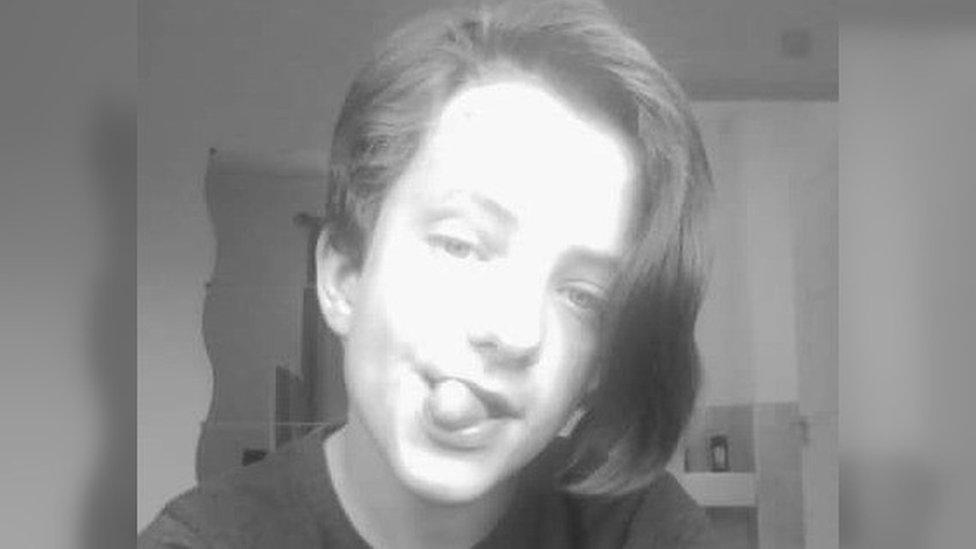Charley-Ann Patterson: Coroner to raise mental health concerns with government
- Published
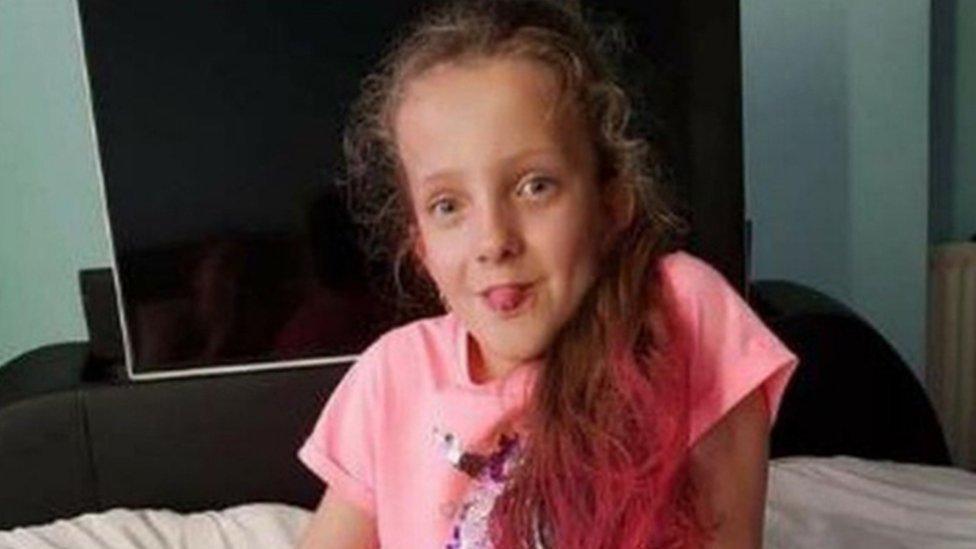
Charley-Ann Patterson was targeted by other pupils who called her names, her inquest has heard
A coroner who looked into the suicide of a 12-year-old girl will write to the government to raise concerns about children's mental health services following the Covid-19 pandemic.
Charley-Ann Paterson was found dead at her home in Cramlington, Northumberland, in October 2020.
She had been bullied and struggled to get mental health support in the months before her death, her parents said.
Senior coroner Andrew Hetherington recorded a conclusion of suicide.
Mr Hetherington said he would write to Health Secretary Therese Coffey to voice his concerns about "the number of referrals services are receiving from young people with regard to their emotional wellbeing".
'Massive escalation'
One witness said referrals from a child struggling with their mental health had gone from one a week to one a shift following the pandemic, Mr Hetherington told the hearing.
He said the reason was "complex, including the impact of Covid-19, an increase in anxiety, body image, OCD, self-harm and overdoses".
The inquest at Northumberland Coroner's Court previously heard evidence from Ellis Parker, a nurse practitioner with the universal crisis team for children and young people at Cumbria, Northumberland Tyne & Wear NHS Foundation Trust, which runs the region's mental health services.
Since the end of lockdown, the service had seen "a massive escalation" in the number of young people experiencing mental health issues, including "a lot of school anxiety, issues with bullying and OCD", Ms Parker said.
"During Covid-19 we were really quiet in the beginning. People were trying to avoid services because of the outbreak, then when children have went back to school it has created a lot of issues," she told the hearing.
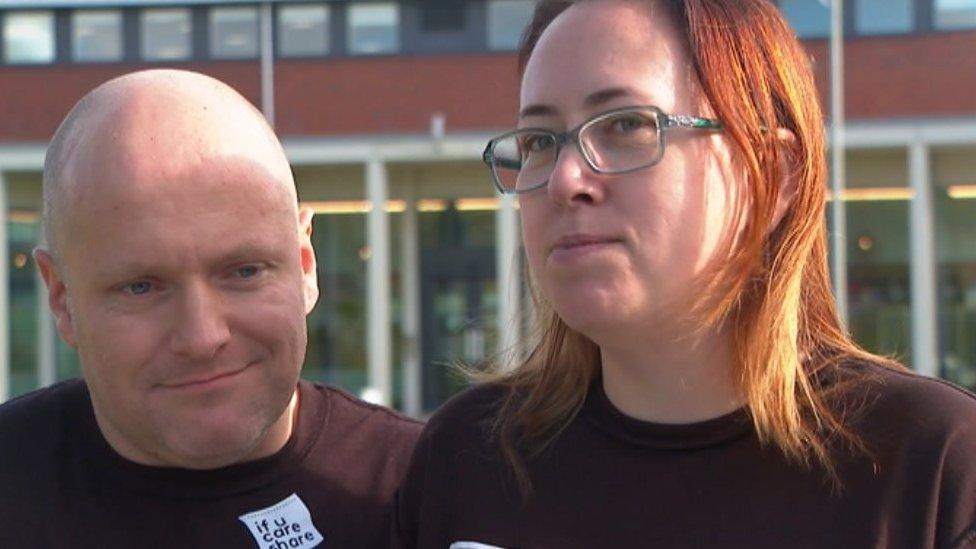
Charley's parents, Paul and Jamie Patterson, welcomed the coroner's decision to write to the Health Secretary
Gill Travers, the designated safeguarding lead at Charley's school, Cramlington Learning Village, told the inquest the number of pupils experiencing anxiety and self harm was "increasing post-pandemic".
When Charley was at the school, about 36 children were classed as "the most vulnerable" but there had since been "a further 100 or so", Ms Travers said.
In the period leading up to Charley's death, she suffered from bullying which took place "overwhelmingly by electronic devices" and was likely to have happened outside school, Mr Hetherington concluded.
Charley suffered with low mood and anxiety related to a number of factors including Covid-19 restrictions, friendship difficulties and "other influences", he said.

If you've been affected by self-harm or emotional distress, help and support is available via the BBC Action Line.

He said it was "of particular concern" that a referral for Charley to the Northumberland early intervention hub after she attended A&E over self-harm concerns had not been made due to an error, but said he was "satisfied there had been a change in process" since then.
Mr Hetherington said it was not possible to say if those steps had been taken, whether the outcome for Charley would have been any different.
However, speaking after the hearing, Charley's mother Jamie Patterson said she believed "without doubt" her daughter would still be alive if health professionals had handled matters differently.
Describing Charly as "so thoughtful, caring and wonderful", Mrs Patterson added the coroner writing to the Health Secretary would be a "positive" step.

Follow BBC North East & Cumbria on Twitter, external, Facebook, external and Instagram, external. Send your story ideas to northeastandcumbria@bbc.co.uk, external.
Related topics
- Published13 October 2022

- Published12 October 2022
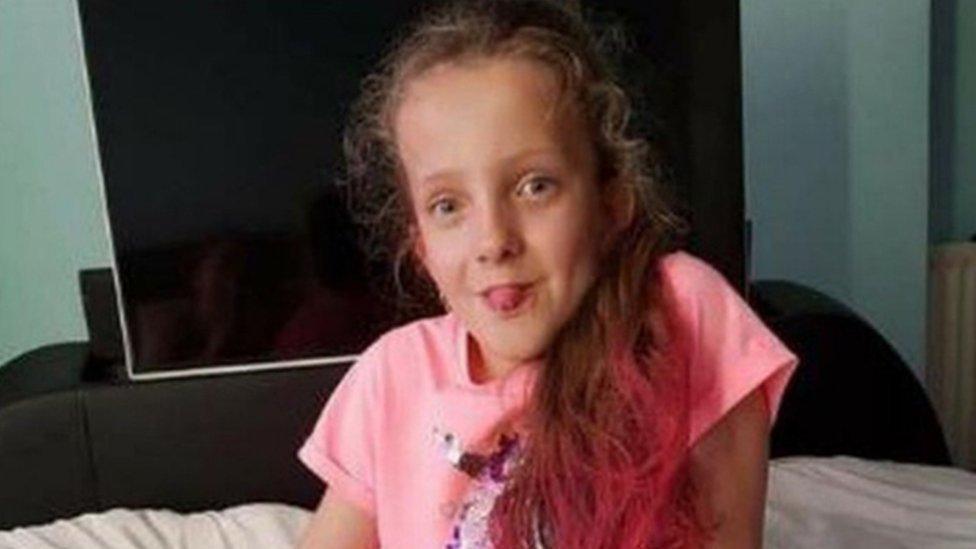
- Published11 October 2022
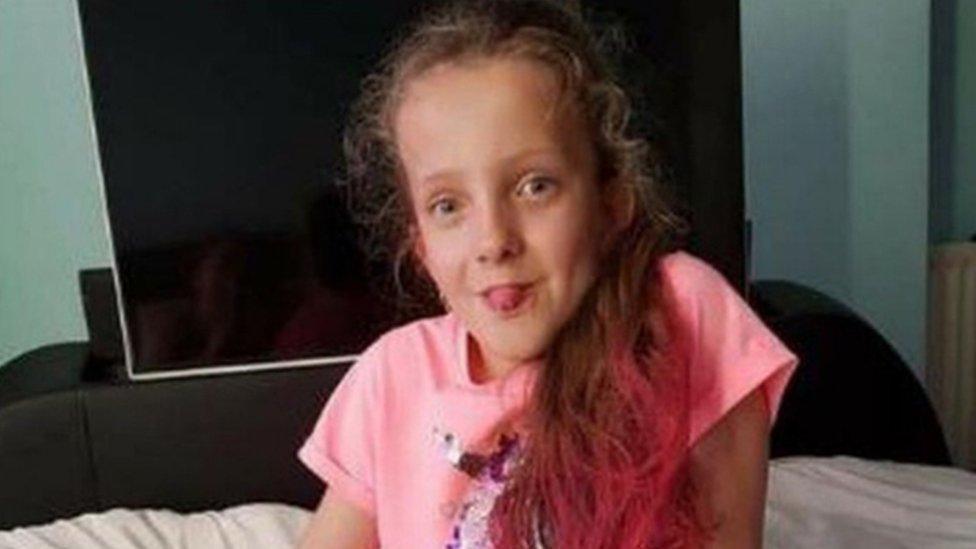
- Published7 October 2020
